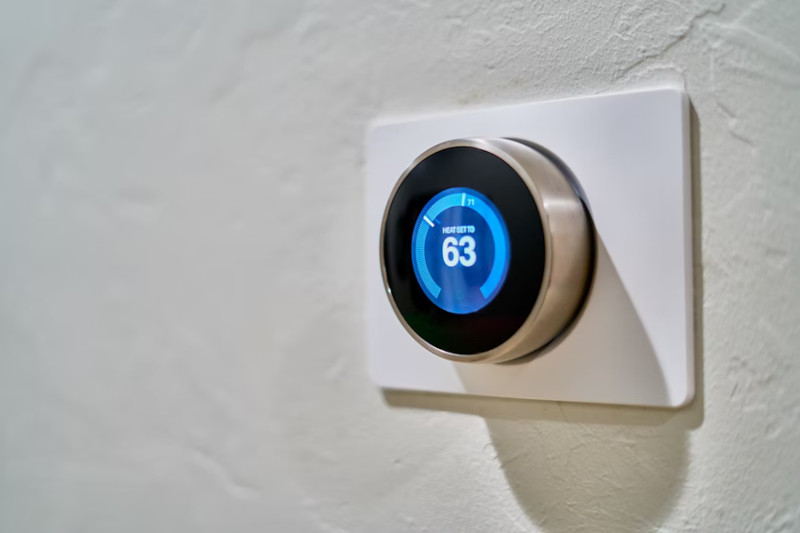Top Innovations in Apartment HVAC Systems for 2023
As the demand for comfortable and energy-efficient living spaces continues to rise, the field of apartment HVAC (Heating, Ventilation, and Air Conditioning) systems is undergoing exciting advancements. In 2023, several innovative technologies are poised to revolutionize the way we control indoor climate and enhance energy conservation. Here, we will explore the top innovations in apartment HVAC systems for 2023, offering insights into the latest breakthroughs that promote comfort, sustainability, and cost-effectiveness.
Smart Thermostats:
According to Kyzar AC Repair, smart thermostats have gained popularity over the past few years, and in 2023, they are set to become even more advanced. These intelligent devices utilize artificial intelligence and machine learning algorithms to learn occupants' preferences, analyze weather patterns, and optimize HVAC settings accordingly. With the ability to self-adjust based on occupancy patterns and external conditions, smart thermostats not only enhance comfort but also help conserve energy, reducing utility bills and carbon footprints.

Energy Recovery Ventilation (ERV) Systems:
Energy Recovery Ventilation (ERV) systems are designed to exchange heat and moisture between the incoming and outgoing air streams. In 2023, ERV systems are expected to witness significant advancements in efficiency and effectiveness. These systems recover energy from the exhaust air, pre-condition the fresh air, and improve indoor air quality. By capturing and transferring heat, ERV systems reduce the load on heating and cooling equipment, resulting in lower energy consumption and improved occupant comfort.
Variable Refrigerant Flow (VRF) Systems:
Variable Refrigerant Flow (VRF) systems offer a versatile solution for heating and cooling individual units or zones within an apartment building. In 2023, VRF systems are expected to incorporate enhanced controls and improved energy efficiency features. VRF systems use variable speed compressors to match the heating and cooling demands of each unit, resulting in optimized comfort levels and reduced energy consumption. Furthermore, VRF systems allow for individual temperature control in each apartment, enabling personalized comfort and reducing energy waste.
Air Purification Technologies:
With growing concerns about indoor air quality, the integration of advanced air purification technologies is set to be a significant trend in 2023. Innovations such as photocatalytic oxidation, ionization, and high-efficiency air filters will help remove airborne pollutants, allergens, and pathogens. These technologies not only enhance the health and well-being of apartment residents but also promote a clean and fresh indoor environment.
Demand-Controlled Ventilation (DCV) Systems:
Demand-Controlled Ventilation (DCV) systems are designed to regulate ventilation rates based on real-time occupancy and indoor air quality measurements. In 2023, these systems will witness advancements in sensor technology and communication capabilities. By monitoring occupancy and adjusting ventilation accordingly, DCV systems optimize energy consumption while ensuring proper ventilation levels, leading to improved indoor air quality and reduced energy waste.
Conclusion:
In 2023, apartment HVAC systems are undergoing remarkable innovations, offering numerous benefits such as enhanced comfort, improved energy efficiency, and better indoor air quality. Smart thermostats, energy recovery ventilation systems, variable refrigerant flow systems, advanced air purification technologies, and demand-controlled ventilation systems are among the top innovations shaping the future of apartment HVAC. As these technologies continue to evolve and become more widely adopted, residents can look forward to a more sustainable, comfortable, and healthy living environment in their apartments.